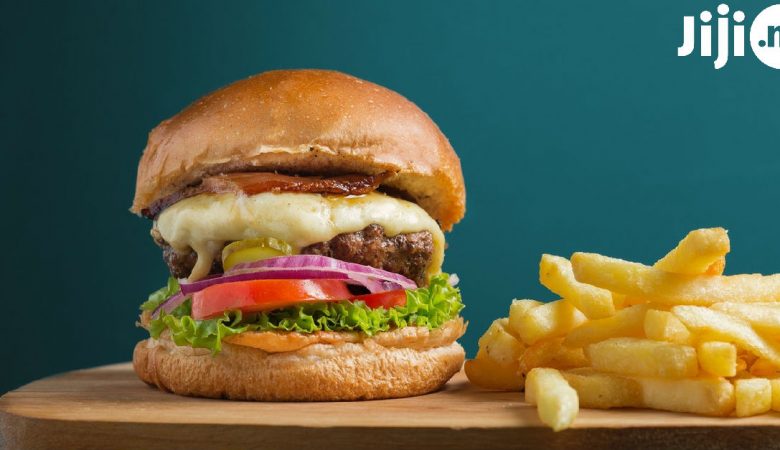Any person spends his/her most part of the life among the other people and is a member of different groups: a family, a staff, friends, associations. His or her behaviour changes greatly depending on a situation. Social psychologists are investigating people’s behaviour and motives in different groups and discover interesting patterns which you will get to know about from the following article.
1. It is very important for us to interact with others
The US psychologists have found out that 20% of people who had received Christmas cards from unknown people answered in the same manner. That is why waiters get more tips if they reveal the recipe of some dishes or give an advice.
2. We are getting angrier because of heat, and are cold because of sadness
When you are dissatisfied with something, it seems that it is really cold inside, and you will most likely to want some hot dishes rather than the cold ones. The crime level is higher in hot regions, and more offences are performed when it is hot and sunny. It happens because heat excites our nervous system, so people often arrogate their bad behaviour to some reality situation by mistake.
3. Waiting influences our decisions
During one of the latest researches psychologists were calling its participants and asking them whether they want to become volunteers of the American Cancer Society. When these people were called again and asked the same question, 31% of the members answered positively, though for the first time only 4% answered positively.
4. We act in another way if we remember about ourselves
Before starting a test people were told that men and women score different sum points. After that the women’s results dropped pretty much, and the men’s results dropped too after they spoke to some attractive women. The other situation: when children go trick-or-treat in small groups they gather a lot of candies, however, if one child goes trick-or-treat plus he is asked his name, he gathers much less sweets.
5. A very effective way to make a person do something is by comparing him with his friends
One electro-energy company tried to make people save their energy at home. For this reason it produced posters with the sign “Your neighbours reduced the amount of energy”. As the result, home energy consumption reduced for 2%. The slogans like “By saving energy you save money” and “Save energy for saving the environment” not only helped reduce the amount of used energy, but in some cases led to consumption enlarge.
6. The more you get to know, the more you like it
This peculiarity got its name “the effect of awareness”, and for its appearing a half of a second is enough. It is widely used in commercials. The more often you see the advertisement or commercial, the more value you will give to the company. Bright pictures which cause positive or negative emotions for only some milliseconds change your opinion unconsciously.
7. Smooth lines vs angles
As a rule, people like circular objects more than the sharp edges.
8. We all want to be happy but much happiness has negative effects on your work
According to the results of one of the polls with more than 10 000 people around 48 countries it was found out that happiness is valued more than the other personal perspectives – to find the sense of life, to become rich or to get in the Eden.
Happy people call themselves curious more often, and depressive people are able to mention even unnoticeable changes in a facial expression of their interlocutor.
Besides, very happy people (9 out of 10 or 10 out of 10 in the Subjective Happiness Scale) neglected their schoolwork and get small wages if compared with those who have a medium happiness indicator (6, 7, 8 out of 10 in the Scale).
9. Not all the reward types influence us in the same way
The expected rewards weaken our motivation. But the unexpected reward raises it pretty much. The fixed bonus is less effective than the flexible one which depends on your productivity.
10. Self-control in your early years can witness about the success in adulthood
One more popular experiment is the “marshmallow test”. A child is left in his/her room and a marmalade candy or a biscuit is laid on the table. The child is then warned: he or she can eat the sweet at the immediately, but the experiment will be over. However, if he or she waits for an adult, he/she will get a reward of two sweets.
The Marshmallow Test
Download this mini movie now: http://bit.ly/2DsfFoE. In this popular test, several kids wrestle with waiting to eat a marshmallow in hopes of a bigger prize. This video is a good illustration of temptation and the hope in future rewards. This experiment is based on many previous and similar scientific tests.
Children who cannot wait for the adult and eat their sweet, will face some difficulties at the university and in future – outlive some serious problem on their work much often than those who did not eat the sweets.
















